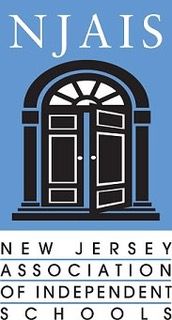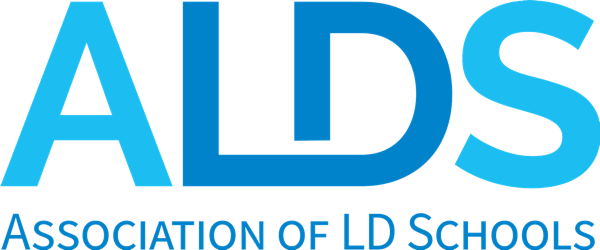School physical education and sports programming are intended to contribute positively to the physical, cognitive, and social-emotional development of young people. However, many students, including those with exceptionalities, may be reluctant to participate in these programs for a variety of reasons (e.g. low self-confidence, fear of making mistakes, difficulty following the rules of the game). This year, when many schools eliminated or reduced recess, sports offerings, and physical education classes, we, at The Craig School, have been able to offer meaningful opportunities for our students to develop their physical fitness along with fostering prosocial behaviors, like sharing, cooperating, and helping one another. While we did have to make adjustments to the sports and physical education programs, our students have had and will continue to have opportunities to move, play, and interact socially with one another outside of the traditional classroom.
Physical activity provides more than cardiovascular benefits and stress reduction; movement is integral to learning. Dr. John Ratey, Associate Clinical Professor of Psychiatry at Harvard Medical School writes about the benefits of physical activity and brain development, “...it optimizes your mind-set to improve alertness, attention, and motivation; it prepares and encourages nerve cells to bind to one another, which is the cellular basis for logging in new information; and it spurs the development of new nerve cells from stem cells in the hippocampus.” Physical activity, whether through participation in sports, a physical education class, or movement-based learning activities in the classroom, not only prepares students for learning but also helps students retain what they are learning. In short, movement helps learning stick.
As an educator, one of the benefits I appreciate most about The Craig School’s physical education and sports programming is the opportunity our students have to practice and strengthen their executive functioning skills, the “brain-based skills required for humans to effectively execute, or perform, tasks and solve problems” (Guare, Dawson, & Guare, 2013). When playing on a team, for example, cognitive flexibility is needed as task demands shift quickly, the ability to plan and prioritize is useful as participants try to anticipate the behavior of teammates and opponents, and students engage in goal-directed persistence as situations in the game changes and immediate decisions are needed. Additionally, the executive functioning skill sustained attention is leveraged when players engage in strategic thinking. Finally, participants activate working memory to coordinate gross motor movements with complex cognitive demands.
At The Craig School, we develop sports programs and physical education classes that give students, who may have had previous negative experiences with sports, a chance to start again. Providing a safe, positive space to explore moving their bodies and learning gameplay provides students opportunities to build their self-confidence and self-esteem, to learn from one another, to develop friendships, and to become better learners.
For more information on ways of giving or to make a donation online you can clicking here.





